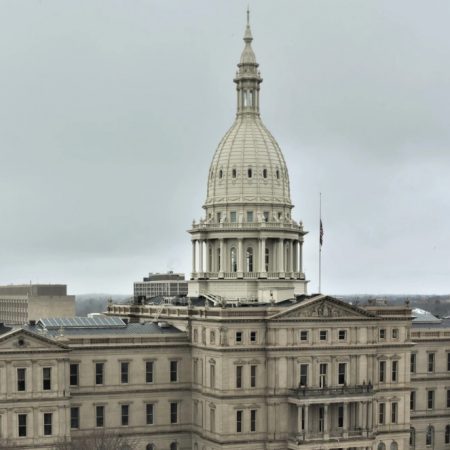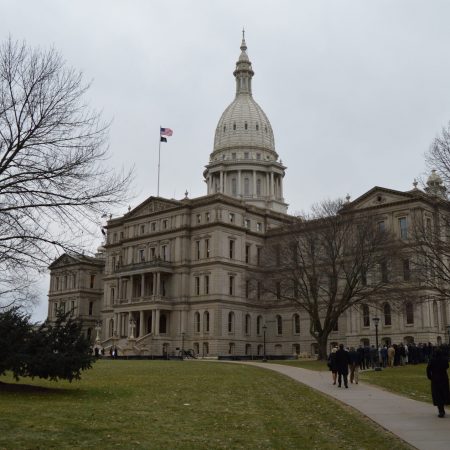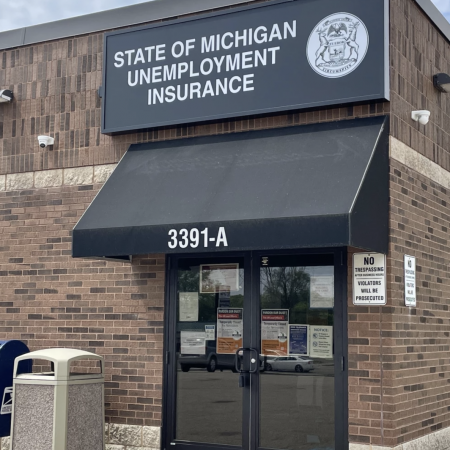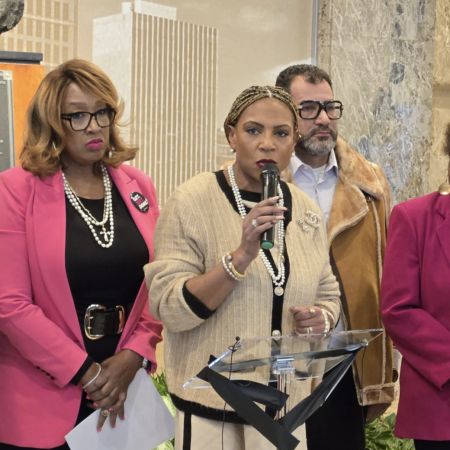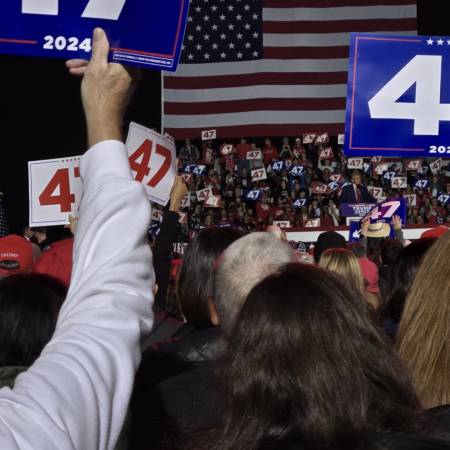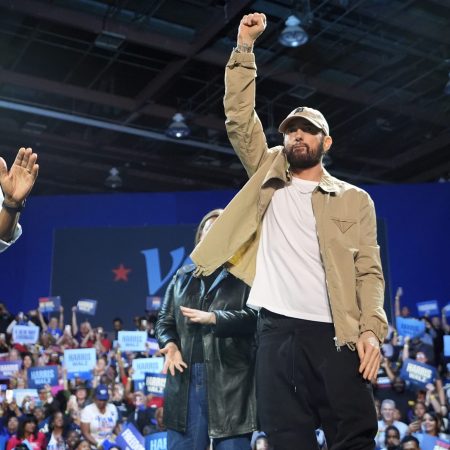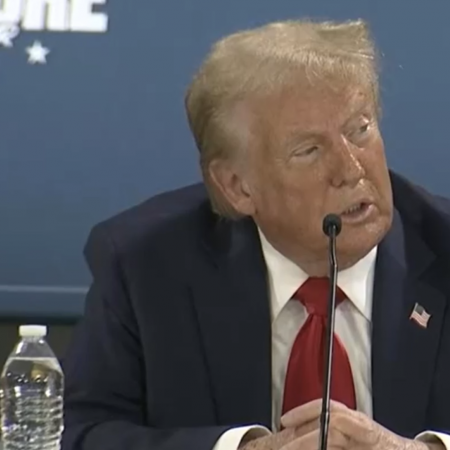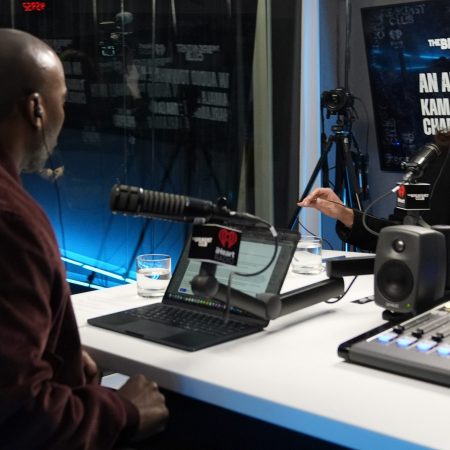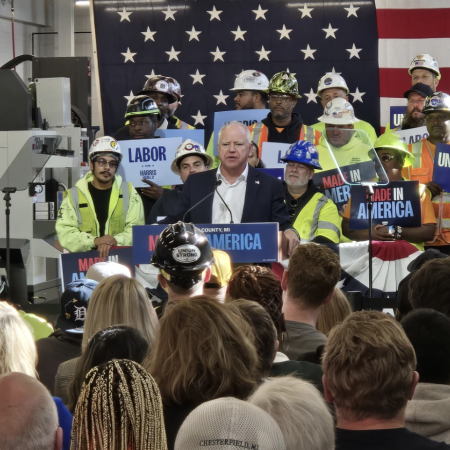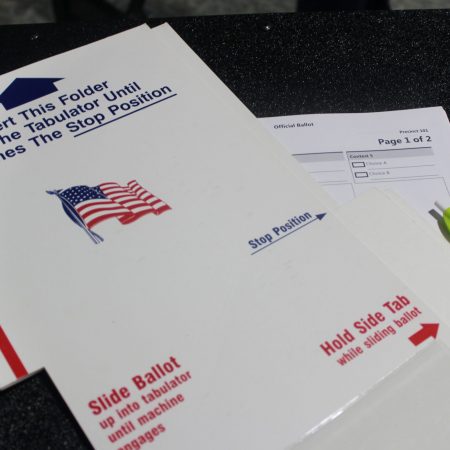Sick time changes coming to Michigan in 2025
Within a couple months, Michigan workers will start earning an hour of sick time for every 30 hours they work.
Places with 10 or more employees will have to provide at least 72 hours of paid sick time each year.
Smaller businesses would only have to offer 40 hours of paid sick leave annually. The other 32 hours would come as unpaid sick leave.
The new policies are taking place because of a court ruling that restored a 2018 law to its original form.
Business groups have been pushing lawmakers to make some changes to that restored law before the ruling takes effect Feb. 21.
Small Business Association of Michigan President Brian Calley said he’d like to see lawmakers scale back some of the law’s reporting requirements.
“This law requires extremely precise and detailed accounting of accruals for actual time worked. And so, what a lot of employees are going to find under this law is that employers are going to require that the employee report to them exactly when they are in and are not working,” Calley said Monday. “It’ll be a big cultural shift for flexible work environments.”
The court ruling has sparked discussion over how to interpret the new requirements and what they could mean for businesses. Some raised questions about how it would impact current benefits packages that businesses may offer.
In response, the Michigan Department of Labor and Economic Opportunity hosted a webinar in August. LEO Deputy Director of Labor Sean Egan tried to allay concerns it would be too much of a shift for some.
“As long as they meet that 72 hours and certain accruals, and you allow that use for the same use as allowed under the Earned Sick Time Act, you may not need to add anything to your plan,” Egan said.
Under the policy as planned, workers would be able to use their sick time if they or a family member feel unwell, or experience domestic or sexual violence.
Calley said it could lead to workers no-call/no showing, adding he’d like to see more accountability of employees using their sick time.
“It’s not until the fourth consecutive day of absences that the employer can require any documentation as to why the person was absent and that they’re absent for a reason covered under the law,” Calley said.
Some lawmakers on both sides of the political aisle have expressed interest in taking another look at the policies. But compromise would have to pass both the Democratic-controlled Senate and Republican-controlled House of Representatives, as well as get the signature of Democratic Gov. Gretchen Whitmer.
Calley shared his doubts as to whether lawmakers could reach an agreement by February.
The post Sick time changes coming to Michigan in 2025 appeared first on WDET 101.9 FM.




